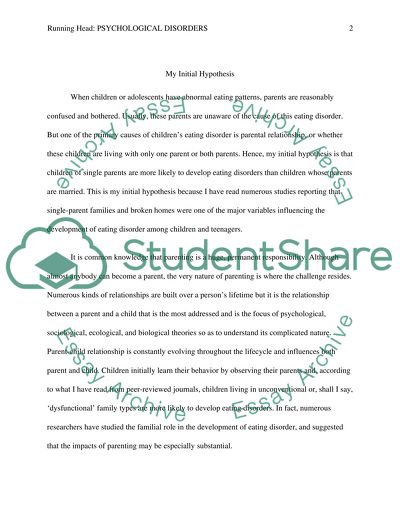Cite this document
(“Psychological Disorders Research Paper Example | Topics and Well Written Essays - 1500 words”, n.d.)
Psychological Disorders Research Paper Example | Topics and Well Written Essays - 1500 words. Retrieved from https://studentshare.org/psychology/1472199-psychological-disorders
Psychological Disorders Research Paper Example | Topics and Well Written Essays - 1500 words. Retrieved from https://studentshare.org/psychology/1472199-psychological-disorders
(Psychological Disorders Research Paper Example | Topics and Well Written Essays - 1500 Words)
Psychological Disorders Research Paper Example | Topics and Well Written Essays - 1500 Words. https://studentshare.org/psychology/1472199-psychological-disorders.
Psychological Disorders Research Paper Example | Topics and Well Written Essays - 1500 Words. https://studentshare.org/psychology/1472199-psychological-disorders.
“Psychological Disorders Research Paper Example | Topics and Well Written Essays - 1500 Words”, n.d. https://studentshare.org/psychology/1472199-psychological-disorders.


